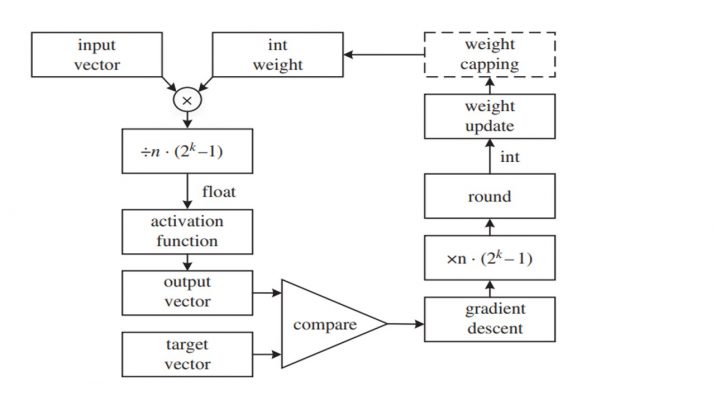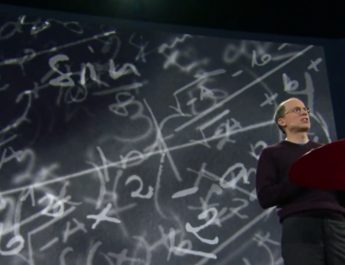Advances in sensing devices are causing a shift towards the fourth industrial revolution. The large volumes of the data produced by these devices are enabling a new generation of artificial intelligence (AI) systems at the micro-edge that are designed to infer important decisions in the real world.
A promising direction of these AI Systems is the leap towards perpetual computability, allowing always available local AI service. To enable this, designers of pervasive AI systems are facing two grand challenges: energy efficiency and energy autonomy.
……………………..
Abstract
Neural networks (NNs) are steering a new generation of artificial intelligence (AI) applications at the micro-edge. Examples include wireless sensors, wearable sand cybernetic systems that collect data and process them to support real-world decisions and controls. For energy autonomy, these applications are typically powered by energy harvesters. As harvesters and other power sources that provide energy autonomy inevitably have power variations, the circuits need to robustly operate over a dynamic power envelope.
In other words, the NN hardware needs to be able to function correctly under unpredictable and variable supply voltages. In this paper, we propose a novel NN design approach using the principle of pulse width modulation (PWM). PWM signals represent information with their duty cycle values which may be made independent of the voltages and frequencies of the carrier signals.
We design a PWM-based perceptron which can serve as the fundamental building block for NNs, by using an entirely new method of realizing arithmetic in the PWM domain. We analyze the proposed approach building from a 3×3 perceptron circuit to a complex multi-layer NN. Using handwritten character recognition as an exemplar of AI applications, we demonstrate the power elasticity, resilience and efficiency of the proposed NN design in the presence of functional and parametric variations including large voltage variations in the power supply.
Sergey Mileiko
Thanasin Bunnam
Fei Xia
Rishad Shafik
Alex Yakovlev
Shidhartha Das
Source: https://royalsocietypublishing.org/doi/pdf/10.1098/rsta.2019.0166





